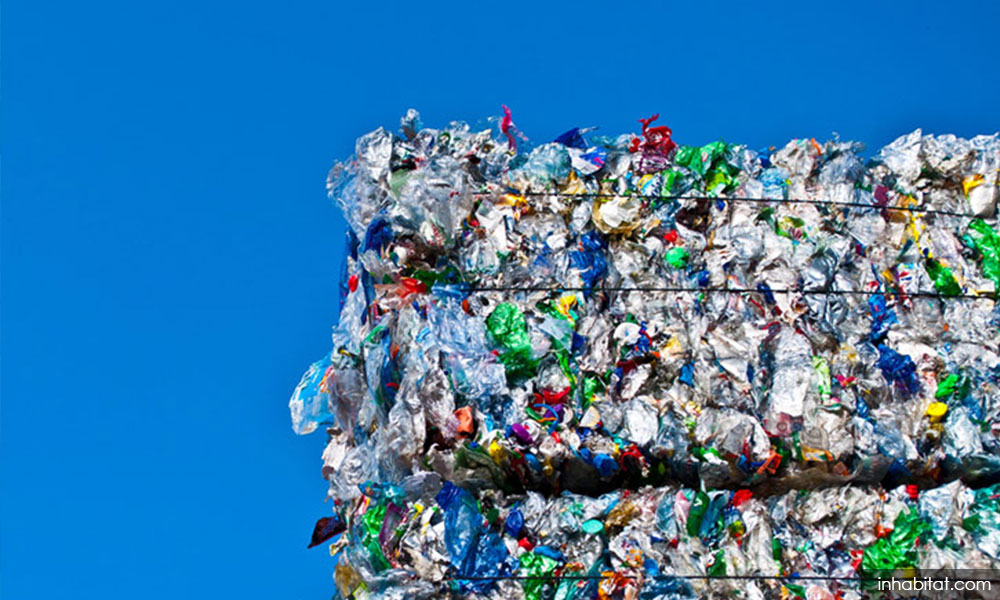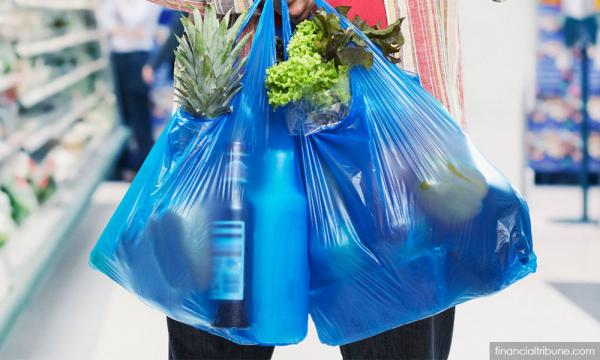COMMENT | When a Chinese documentary film, “Plastic China”, was released in late 2016, it left the country in surprise. The film told the story of how an 11-year-old girl and her family scrape for recyclable waste in a landfill.
At one point of the film, the girl was taught to light a fire and burn plastic materials to identify the “recycling grade” of the materials. Those practices were life-threatening to many families like hers, but they had no choice.
At that time, the world treated China as a dumping ground for recycled waste. The country was the world’s biggest importer of recycled materials, accepting more than 30 million tonnes of waste from all over the world annually.
The response from the Chinese government was quick, and its impacts immediate. They introduced the National Sword Policy on Jan 1, 2018 and literally cut off importation of recycled materials.
Countries like the US, UK and Australia that were reliant on exporting waste then faced a huge problem. They continued consuming massive amounts of plastics, but the waste had nowhere to go.
Many began stockpiling them - so much so that some storage facilities caught fire due to running over capacity. The global recycling system collapsed.
Yet, these countries still struggled to treat their own waste.
In Australia, for example, the recycling industry did not see the Chinese backlash coming. Australia scrambled with no policy direction and no proper infrastructure in place.
Worse, the federal government has not heeded industry advice to take responsibility for their own waste. By the time the National Sword Policy was announced, their next best option was to export waste to Southeast Asia.
As for Malaysia, we are one of the countries that have suddenly been swamped by tonnes of waste. For some, this side market means a good business opportunity. Don’t get me wrong, waste recycling when done properly is good for the environment and the pocket.
The main problem here is not the recycling part, but the mushrooming operations that act without proper control. The illegal plants have been burning plastic waste and that is very harmful to the air we breathe. With waste overwhelmingly coming in from around the world, there was no end to it.
Yes, the Malaysia government’s action to shut down illegal recycling facilities was a stop-gap measure, but it was necessary.
A colossal problem
Now, the problem remains. Countries around the world still consume a colossal amount of waste - and they have nowhere to go. What we might see happening is a huge influx of global waste to other developing countries that do not restrict waste imports.
Yet, in our own backyards, our recycling infrastructure has not been able to cope with our current rate of consumption. This is a big problem that we all must take responsibility for.
It all starts from the source. The biggest problem of waste is how mixed they end up being, making it very nasty to process.
If you think you don’t need that extra bag, don’t take it. If you can spend a few seconds to rinse your containers before disposing them, please do so. You’ll be amazed how much cleaner the country will be.
Basic economics says that too much supply and not enough demand means a low price point. If we make products out of recycled materials without end-buyers, the entire recycling process will not be financially sustainable. We must create an end-market demand for recycling.
One such example is in Australia where some local councils make a commitment to use asphalt additives made from recycled ink cartridges to pave their roads. Local councils and small and medium enterprises can take the lead in this.
It is high time to revive the 3R mentality of “Reduce, Reuse and Recycle” - and if I may add one more R, which is “Rethink”. The world has developed a lot since the 3Rs were first introduced.
Now that we are at the juncture of a critical issue, we are in a prime position to rethink our legislation, investments and technology. Waste recycling is a lucrative industry, and a noble one if we do it right.
We have seen how waste management has become a monster problem - marine animals are choking on plastics, and recently a study published in the journal Environmental Science and Technology found that 90 percent of the salt we consume has microplastics.
Now that the issue has hit Malaysians right on our shores, let’s make something good out of it. Let it be a wake-up call for us to curb our addiction to plastic and manage our waste properly for a cleaner Malaysia.
LAM KA-JHUN is a sustainability postgraduate at Monash University, Australia and a Perdana Fellow.
The views expressed here are those of the author/contributor and do not necessarily represent the views of Malaysiakini.


